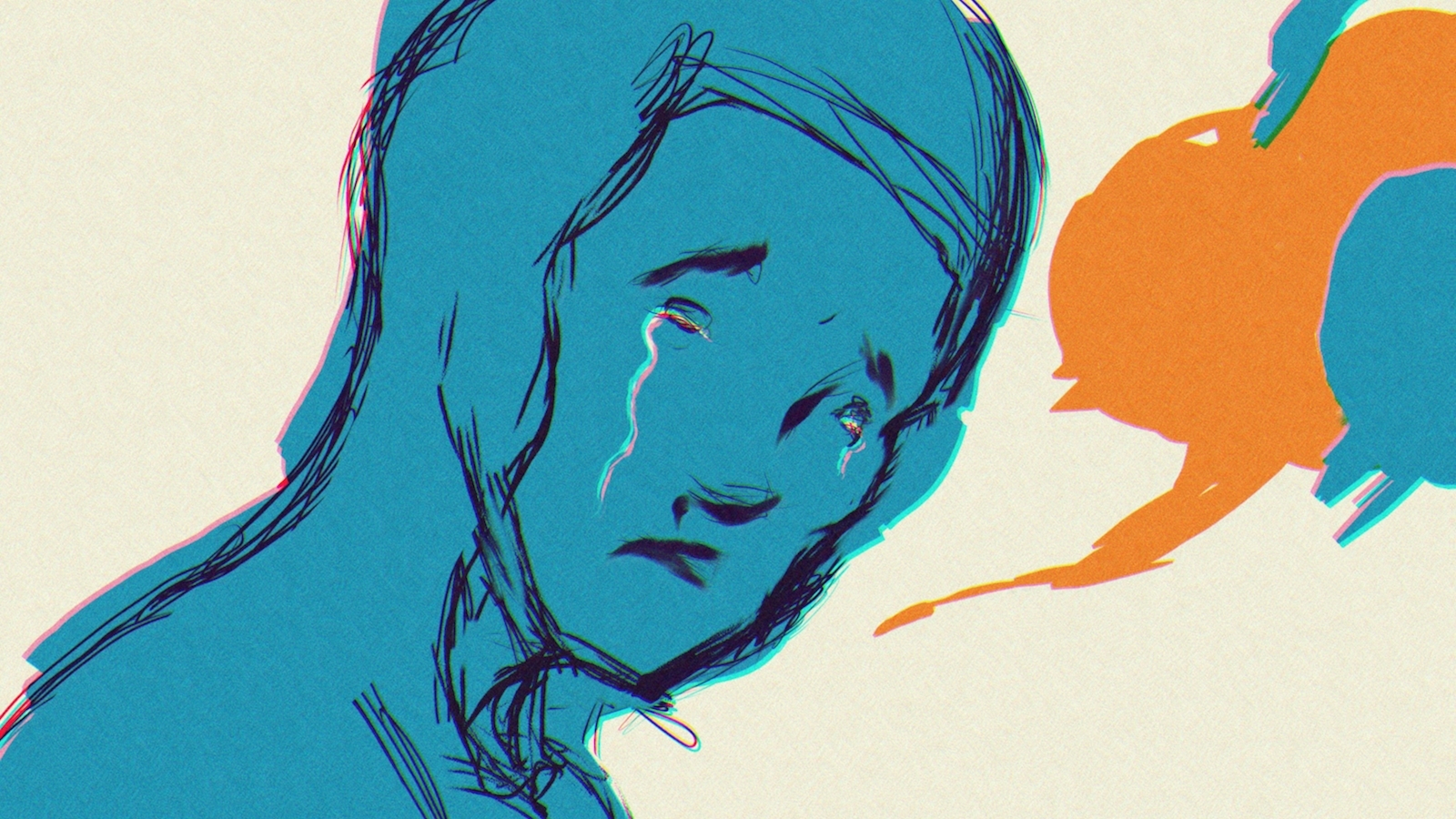I believe in God. But I do not believe the same things about Him that I did years ago, when I was growing up or when I was a theological student. I recognize His limitations. He is limited in what He can do by laws of nature and by the evolution of human nature and human moral freedom.
I no longer hold God responsible for illnesses, accidents, and natural disasters, because I realize that I gain little and I lose so much when I blame God for those things. I can worship a God who hates suffering but cannot eliminate it, more easily than I can worship a God who chooses to make children suffer and die, for whatever exalted reason.
Some years ago, when the “death of God” theology was a fad, I remember seeing a bumper sticker that read “My God is not dead; sorry about yours.” I guess my bumper sticker reads “My God is not cruel; sorry about yours.”
God does not cause our misfortunes. Some are caused by bad luck, some are caused by bad people, and some are simply an inevitable consequence of our being human and being mortal, living in a world of inflexible natural laws.

Help us keep Jewish knowledge accessible to millions of people around the world.
Your donation to My Jewish Learning fuels endless journeys of Jewish discovery. With your help, My Jewish Learning can continue to provide nonstop opportunities for learning, connection and growth.
The painful things that happen to us are not punishments for our misbehavior, nor are they in any way part of some grand design on God’s part. Because the tragedy is not God’s will, we need not feel hurt or betrayed by God when tragedy strikes. We can turn to Him for help in overcoming it, precisely because we can tell ourselves that God is as outraged by it as we are.
A Sense of Meaning Makes Pain More Bearable
“Does that mean that my suffering has no meaning?” That is the most significant challenge that can be offered to the point of view I have been advocating in this book. We could bear nearly any pain or disappointment if we thought there was a reason behind it, a purpose, to it. But even a lesser burden becomes too much for us if we feel it makes no sense.
Patients in a veterans’ hospital who have been seriously wounded in combat have an easier time adjusting to their injuries than do patients with exactly the same injury, sustained while fooling around on a basketball court or a swimming pool, because they can tell themselves their suffering at least was in a good cause. Parents who convince themselves that there is some purpose somewhere served by their child’s handicap can accept it better for the same reason.
Do you remember the biblical story, in Exodus 32, about Moses, how, when he came down from Mount Sinai and saw the Israelites worshiping the golden calf, he threw down the tablets of the Ten Commandments so that they shattered?
There is a Jewish legend that tells us that while Moses was climbing down the mountain with the two stone tablets on which God had written the Ten Commandments, he had no trouble carrying them although they were large, heavy slabs of stone and the path was steep. After all, though they were heavy, they had been inscribed by God and were precious to him. But when Moses came upon the people dancing around the golden calf, the legend goes, the words disappeared from the stone. They were just blank stones again. And now they became too heavy for him to hold on to.
We could bear any burden if we thought there was a meaning to what we were doing. Have I made it harder for people to accept their illnesses, their misfortunes, their family tragedies by telling them that they are not sent by God as part of some master plan of His?
Let me suggest that the bad things that happen to us in our lives do not have a meaning when they happen to us. They do not happen for any good reason which would cause us to accept them willingly. But we can give them a meaning. We can redeem these tragedies from senselessness by imposing meaning on them.
Looking to the Future Redeems Our Tragedies
The question we should be asking is not, “Why did this happen to me? What did I do to deserve this?” That is really an unanswerable, pointless question. A better question would be “Now that this has happened to me, what am I going to do about it?”
Martin Gray, a survivor of the Warsaw Ghetto and the Holocaust, writes of his life in a book called For Those I Loved. He tells how, after the Holocaust, he rebuilt his life, became successful, married, and raised a family. Life seemed good after the horrors of the concentration camp.
Then one day, his wife and children were killed when a forest fire ravaged their home in the south of France. Gray was distraught, pushed almost to the breaking point by this added tragedy. People urged him to demand an inquiry into what caused the fire, but instead he chose to put his resources into a movement to protect nature from future fires.
He explained that an inquiry, an investigation, would focus only on the past, on issues of pain and sorrow and blame. He wanted to focus on the future. An inquiry would set him against other people–“was someone negligent? whose fault was it?”– and being against other people, setting out to find a villain, accusing other people of being responsible for your misery, only makes a lonely person lonelier. Life, he concluded, has to be lived for something, not just against something.
We too need to get over the questions that focus on the past and on the pain — “why did this happen to me?” — and ask instead the question which opens doors to the future: “Now that this has happened, what shall I do about it?”
Reprinted with permission from When Bad Things Happen to Good People.



